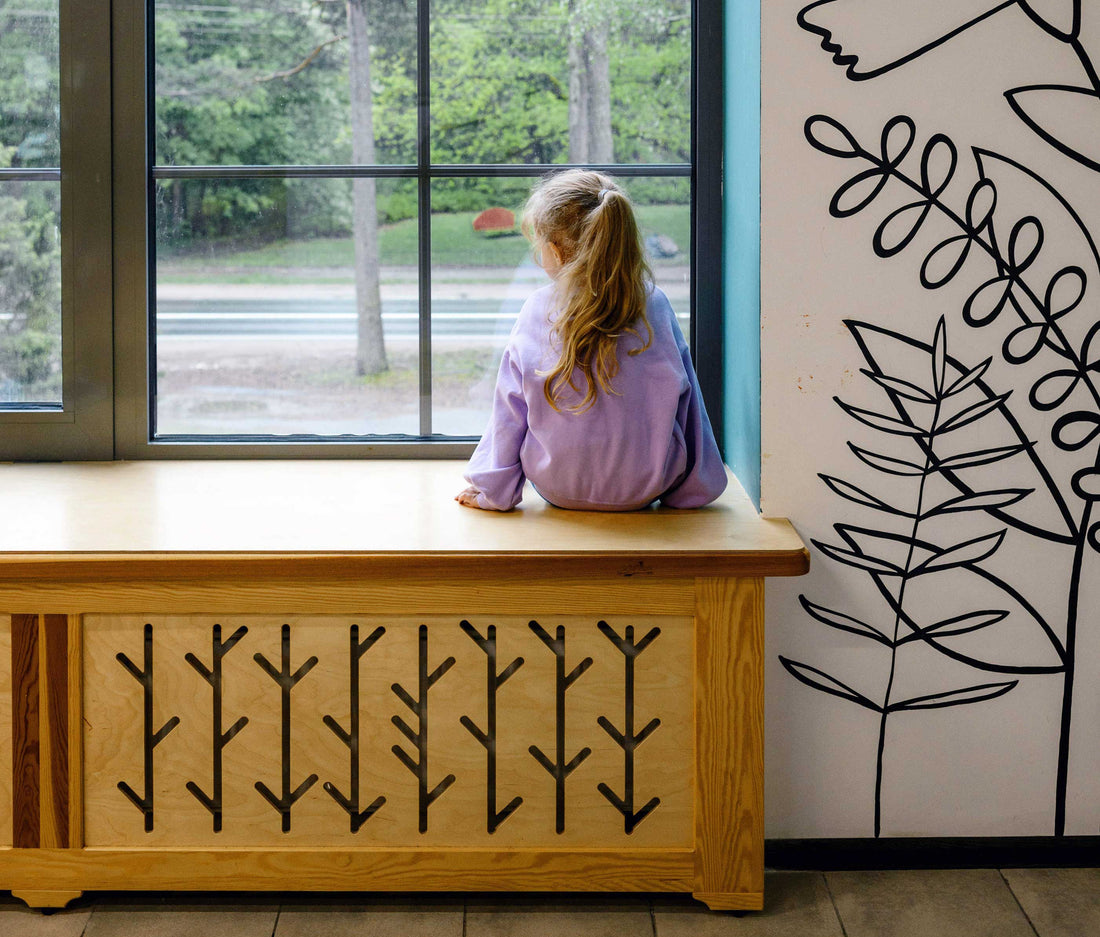
From Shy to Social Butterfly: How Shy Children Can Overcome Friendship Hurdles
Friendship is a crucial aspect of a child's development, offering them emotional support, social skills, and a sense of belonging. However, for shy children, building and maintaining friendships can be particularly challenging. Shyness, a common personality trait, can make it difficult for kids to initiate conversations, join group activities, or express themselves confidently.
In this blog post, we'll explore some of the friendship challenges that shy children often face and provide practical tips on how to help them overcome these hurdles.
Understanding Shyness
Before delving into the challenges and solutions, it's essential to understand what shyness is. Shyness is a natural temperament trait characterized by social discomfort, anxiety, and a preference for solitude or small, familiar groups. Shy children may feel overwhelmed in unfamiliar social situations and struggle to engage with their peers.
Common Friendship Challenges for Shy Children
Difficulty Initiating Conversations
Shy children often find it hard to start conversations with new friends. They might fear rejection or worry about saying the wrong thing, leading to missed opportunities for connection.
Reluctance to Join Group Activities
Group activities can be intimidating for shy kids. They may hesitate to participate, feeling self-conscious about being the center of attention or making mistakes.
Limited Social Invitations
Shy children might receive fewer invitations to social events, leading to feelings of exclusion or loneliness.
Friendship Frustration
When shy children struggle to make friends or maintain them, they may experience frustration, sadness, or even low self-esteem.
How to Overcome Friendship Challenges
Foster a Supportive Environment
Start by creating a supportive and understanding environment at home. Encourage open communication and let your child know that it's okay to feel shy. Reassure them that their worth isn't determined by the number of friends they have.
Model Social Skills
Demonstrate appropriate social skills by role-playing various scenarios with your child. Teach them how to greet others, introduce themselves, and engage in small talk. Provide positive feedback and praise their efforts.
Practice Makes Perfect
Encourage your child to practice social interactions regularly. This could involve setting up playdates, joining clubs or activities, or simply talking with family members and neighbors. The more they practice, the more confident they will become.
Set Realistic Expectations
Help your child understand that building friendships takes time. It's normal to encounter setbacks, and not every interaction will lead to a lifelong friend. Emphasize the importance of quality over quantity when it comes to friendships.
Role of Technology
In today's digital age, technology can be a helpful tool for shy children to connect with others. Online gaming, social media, and virtual hangouts can provide a less intimidating way to socialize.
Encourage Interests and Hobbies
Encourage your child to pursue their interests and hobbies. Shared activities can be a great way to make friends with similar interests, as the focus shifts away from social pressure to a shared passion.
- Kids can learn fun tidbits about each other that make great conversation starters. Encourage your child to ask questions like, "Can you tell me more about that?" or "You can play the violin? Could you teach me?" or even "An iguana as a pet? What's its favorite meal?" These inquiries can help spark engaging conversations and deepen their connections with new friends.
- Your child might discover that some of their friends live nearby or share similar interests. Encourage them to delve further by saying things like, "I live in XYZ as well! Do you know the park on Elm Street? Maybe we're neighbors!" or "Milkshakes are awesome! What's your go-to flavor?" or "I play basketball too! Which position do you usually play?" This way, they can find common ground with their peers.
- Exploring the activities of other children can inspire your child to try something new, such as sports, music, art, or cooking classes, fostering opportunities to make friends. Encourage questions like, "You play the piano? Where do you take lessons?" or "What equipment do you need for ice hockey?" or "What kind of food do you like to cook?" This way, they can explore new interests and build connections.

Build Self-Esteem
Help your child develop self-esteem by highlighting their strengths and accomplishments. When they believe in themselves, they are more likely to take risks and initiate social interactions.
Seek Professional Help if Needed
If your child's shyness significantly impairs their social development and well-being, consider seeking guidance from a mental health professional or counselor who specializes in children's social issues.
Navigating the challenges of shyness and friendship can be tough for children, but with patience, understanding, and support, they can overcome these obstacles.
Remember that every child is unique, and it's essential to tailor your approach to their specific needs. By providing a nurturing environment, teaching social skills, and encouraging gradual exposure to social situations, you can empower your shy child to develop meaningful and lasting friendships that will enrich their lives.
Enjoy our articles?
Photo by Ksenia Chernaya
